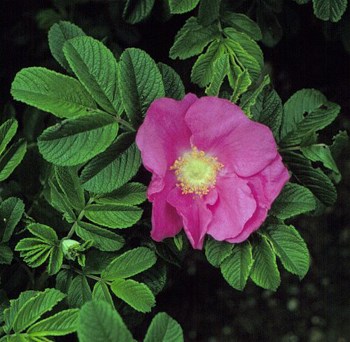
NPS Photo Ecosystems throughout the world are impacted by introductions of non-native and invasive species; plants, animals, and invertebrates which are not naturally occurring components of local biological communities. Increased global movements of humans, livestock, crops, and material via ships, railroads, trucks, and aircraft dramatically increased the occurrence of non-native species through the 20th century. Non-native and invasive species occur in virtually all taxa and have affected most habitats in most parts of the world to one degree or another. In the United States, thousands of non-native and invasive species have been documented throughout the National Park system. Emerging ThreatsNon-native species are organisms that do not occur naturally in an area, but are introduced as the result of deliberate or accidental human activities. Unlike invasive species, non-native species may not hinder or prevent the survival of others within the ecosystem. They simply exist where they have not naturally occurred. When a non-native species becomes a regularly seen component of a local habitat it is said to be “naturalized” and is often mistaken as a naturally-occurring native species. Familiar species seen on Cape Cod which are naturalized non-natives include rugosa rose (an Asian shrub, often planted near beaches and dunes to stabilize sand), beach wormwood (a native of Asia, Russia, Canada, and Alaska's Aleutian Islands this species is widely cultivated as an ornamental, and has naturalized on dunes and other sandy coastal areas) and rainbow trout (a fish indigenous to western North America, widely introduced for recreational fishing). |
Last updated: February 6, 2023
